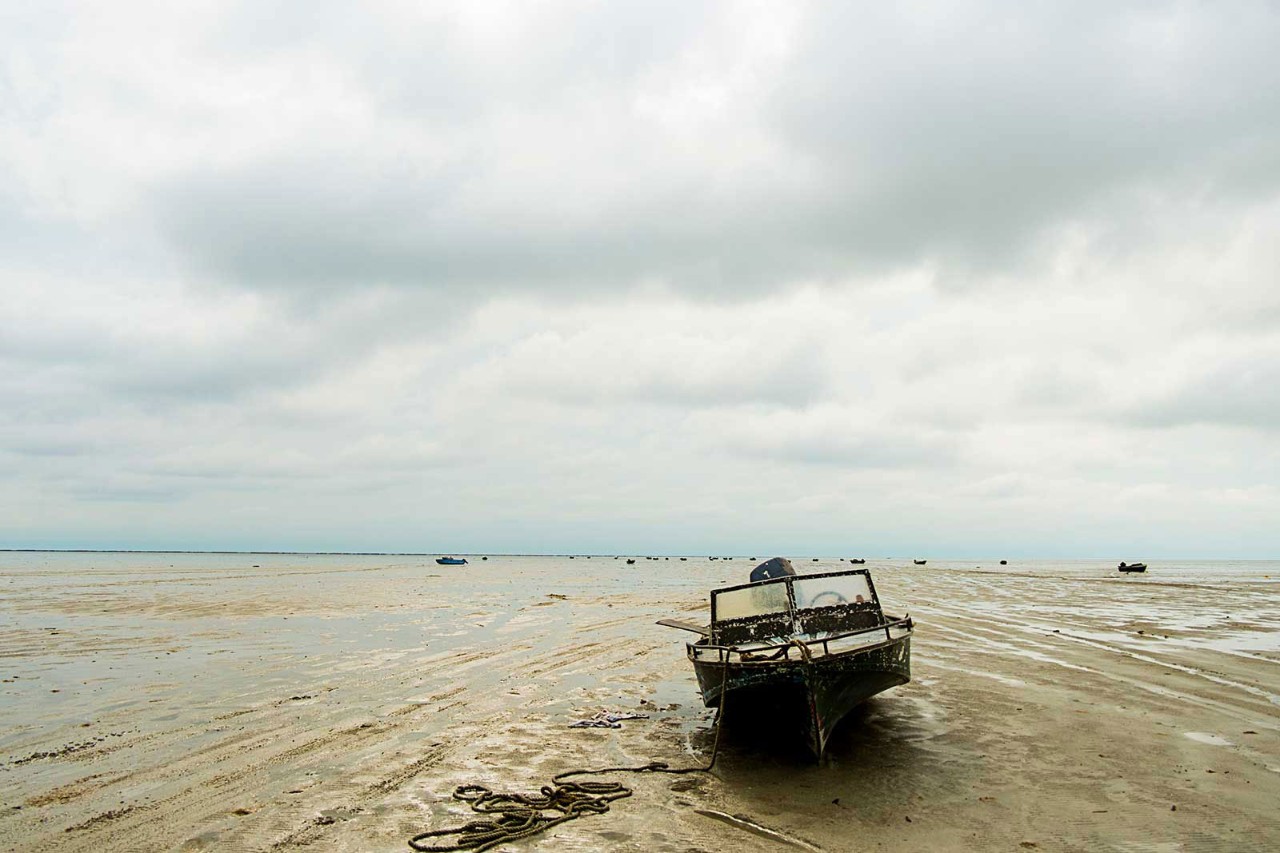
After years of consultation, the Taskforce on Nature-related Financial Disclosures (TNFD) launched its final recommendations in September. The recommendations have been generally well received, and are likely to be taken up by international standard setters and national governments keen to create a workable framework for managing natural capital.
But all is not yet well. Despite the new framework, nature-related dependencies are (in general) not being prioritised. Organisations are already working hard to manage the multiplicity of sustainability frameworks that have emerged in the past few years. Boards and senior management are focused on managing rising costs and falling demand, and not yet facing as much pressure from stakeholders as they do on other issues, particularly climate.
My own experience certainly confirms that many sustainability and reporting teams are tired, frustrated and struggling to find (and pay for) the capabilities they need. The result is that they are prioritising their limited resources to meet existing requirements.
Take this as an opportunity to get ahead of the game
For those of us who lived through the introduction of the Task Force on Climate-related Financial Disclosures, there is a distinct feeling of déjà vu about all this. The new recommendations were too often pushed down the priority list or just downright ignored by many boards and senior managers – until an investor question or media story triggered a sudden interest and teams were set scrambling to answer the question: what does this mean for us?
So if your organisation is suffering from ‘requirement fatigue’ and failing to engage with the TNFD, take it as an opportunity to get ahead of the game. Here’s my top tips for being TNFD-ready when your sustainability committee chair comes calling.
Scan your risks
As a starting point, consider your strategic risks from the perspective of natural services. What would happen to your business if you didn’t have reliable access to clean water? Or a loss of pollinators reduced supply of critical agricultural products?
Your analysis of climate risks can really help act as a template here – try running through the list of transitional and physical climate risks and considering if there is a counterpart for nature-based risks. It won’t be a comprehensive analysis, but it’s likely to be strongly indicative of the areas that need further attention.
Take a data inventory
What data on natural resources do you already collect, and where? Pockets of useful data are likely to be scattered across different systems and reported through a range of internal and external channels. Environmental reporting will usually cover issues such as water and ecosystem management, but you may also find useful insights in health and safety (eg air quality, fire risk), and asset management (land and infrastructure holdings).
TNFD is coming and, if we are wise, reporters won’t let ourselves get caught again
Be aware that nature-related data tends to be location-based and, therefore, driven by local jurisdictional requirements. It’s therefore worth assessing whether you collect any data on a consistent basis across your organisation.
Plan to fill the gaps
Apart from ensuring your data covers your own operations, there are a couple of other aspects of nature-based risks for which you’ll need to plan. First, they inevitably have profound interactions with climate risk, so plan a holistic approach.
You may also find that your greatest risk lies in your supply chain and may be buried quite deep. Again, existing work on climate risk will help point you to potential weak points.
A deep breath, and onward
The last thing I want to do is add to the burden of already exhausted sustainability teams. But TNFD is coming and, if we are wise, reporters won’t let ourselves get caught again. We can use the now well-trodden path of climate disclosures to diagnose our organisation’s readiness for TNFD and be prepared for the inevitable.



